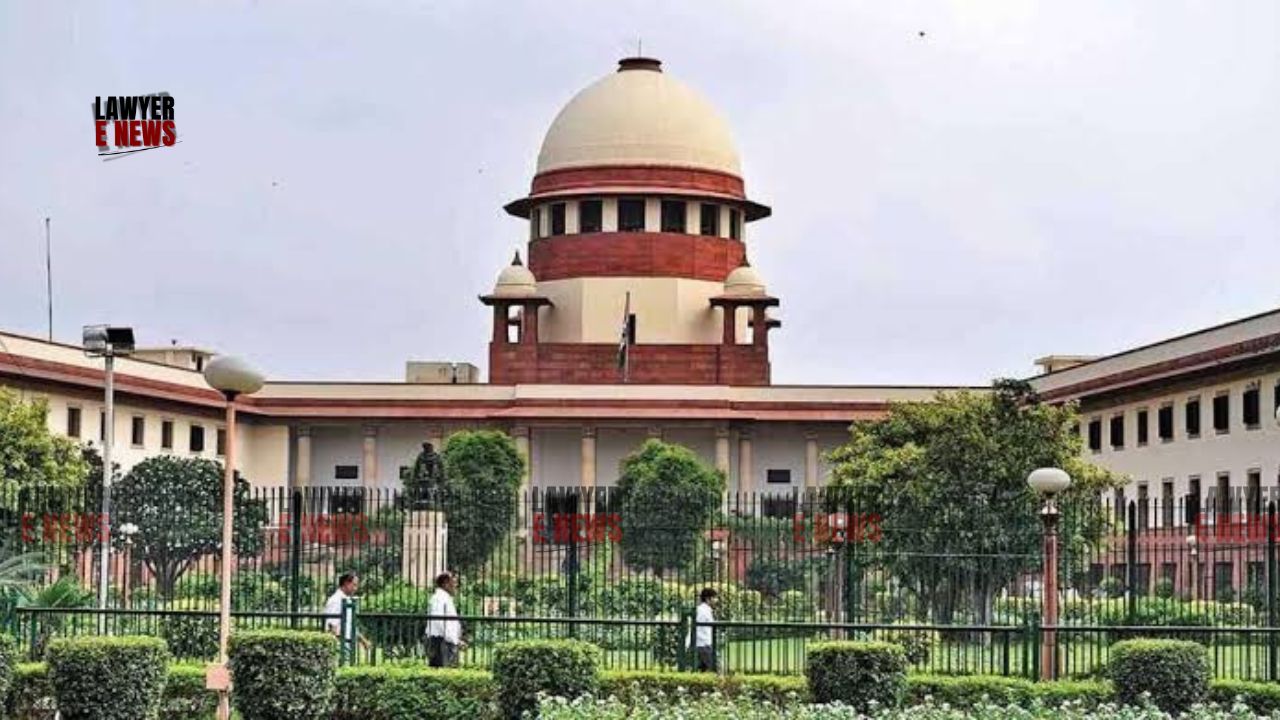-
by Admin
15 February 2026 5:35 AM



Supreme Court of India set aside a condition imposed by the Patna High Court requiring an accused to pay ₹4,000 per month as maintenance to his estranged wife as a precondition for grant of anticipatory bail. The apex court ruled that such conditions are irrelevant to the purpose of anticipatory bail under Section 438 of the Criminal Procedure Code (CrPC) and exceeded the jurisdiction of the High Court.
High Court's Bail Order Linked to Maintenance Payment
The appellant, Srikant Kumar, had approached the Supreme Court challenging the Patna High Court's order dated July 17, 2023, which granted him anticipatory bail on the condition that he pay ₹4,000 monthly as maintenance to his estranged wife, Archana Kumari. The appellant argued that the marriage had been forced upon him under duress and claimed to have filed a matrimonial case seeking annulment of the marriage.
The wife, in turn, had filed an application under Section 125 CrPC seeking maintenance. It was during the hearing of the appellant's anticipatory bail plea that the High Court imposed the maintenance condition, allegedly based on the appellant’s counsel’s purported offer to pay maintenance.
The Supreme Court bench, comprising Justice Hrishikesh Roy and Justice S.V.N. Bhatti, unequivocally held that the purpose of bail conditions under Section 438 CrPC is to ensure that the accused does not abscond or evade the trial. The Court stated:
"Imposing conditions irrelevant to the bail process, such as payment of maintenance, goes beyond the court’s jurisdiction and is unwarranted."
Citing the precedent set in Munish Bhasin v. State (Govt. of NCT of Delhi) [(2009) 4 SCC 45], the Court reiterated that bail conditions must be strictly limited to securing the presence of the accused during the trial and ensuring that justice is served.
During the hearing, it was revealed that the appellant claimed to have been forcibly abducted by the family of the respondent (his estranged wife) and coerced into marriage under threats and intimidation. The appellant alleged that the marriage was a sham, and he had already initiated annulment proceedings before the Family Court in Purnea, Bihar.
The Supreme Court acknowledged the peculiar circumstances of the case, emphasizing that the High Court’s imposition of a maintenance condition during the anticipatory bail process was legally unsustainable.
"Preconditions for Bail Must Ensure the Accused's Availability for Trial"
In its ruling, the Supreme Court emphasized the primary purpose of bail conditions:
"When an application for bail is filed, the Court is required to impose such bail conditions which would ensure that the appellant does not flee from justice and is available to face trial. Imposing conditions irrelevant to the exercise of power under Section 438 CrPC would not be warranted."
The Court further clarified that the High Court’s directive for payment of maintenance was extraneous to the legal requirements for granting anticipatory bail.
While quashing the High Court’s maintenance condition, the Supreme Court directed the trial court to impose appropriate bail conditions to ensure the appellant’s presence during the trial. The apex court underlined that any bail conditions must adhere to the statutory framework and avoid overreach.
The Supreme Court allowed the appeal, setting aside the High Court’s order dated July 17, 2023, to the extent it imposed a maintenance condition on the appellant. The apex court concluded:
"The appellant is bound to remain available and face the trial as required by law. However, the bail condition directing him to pay ₹4,000 per month as maintenance is quashed."
This ruling reaffirms the principle that courts must exercise caution and restraint when imposing bail conditions, ensuring that they are directly linked to the objectives of bail under the CrPC.
Date of Decision: January 6, 2025
